Are supplements necessary during pregnancy, or should you be getting nutrients from food? Which supplements are safe? Here is a peek at my dietitian-approved pregnancy supplement routine.
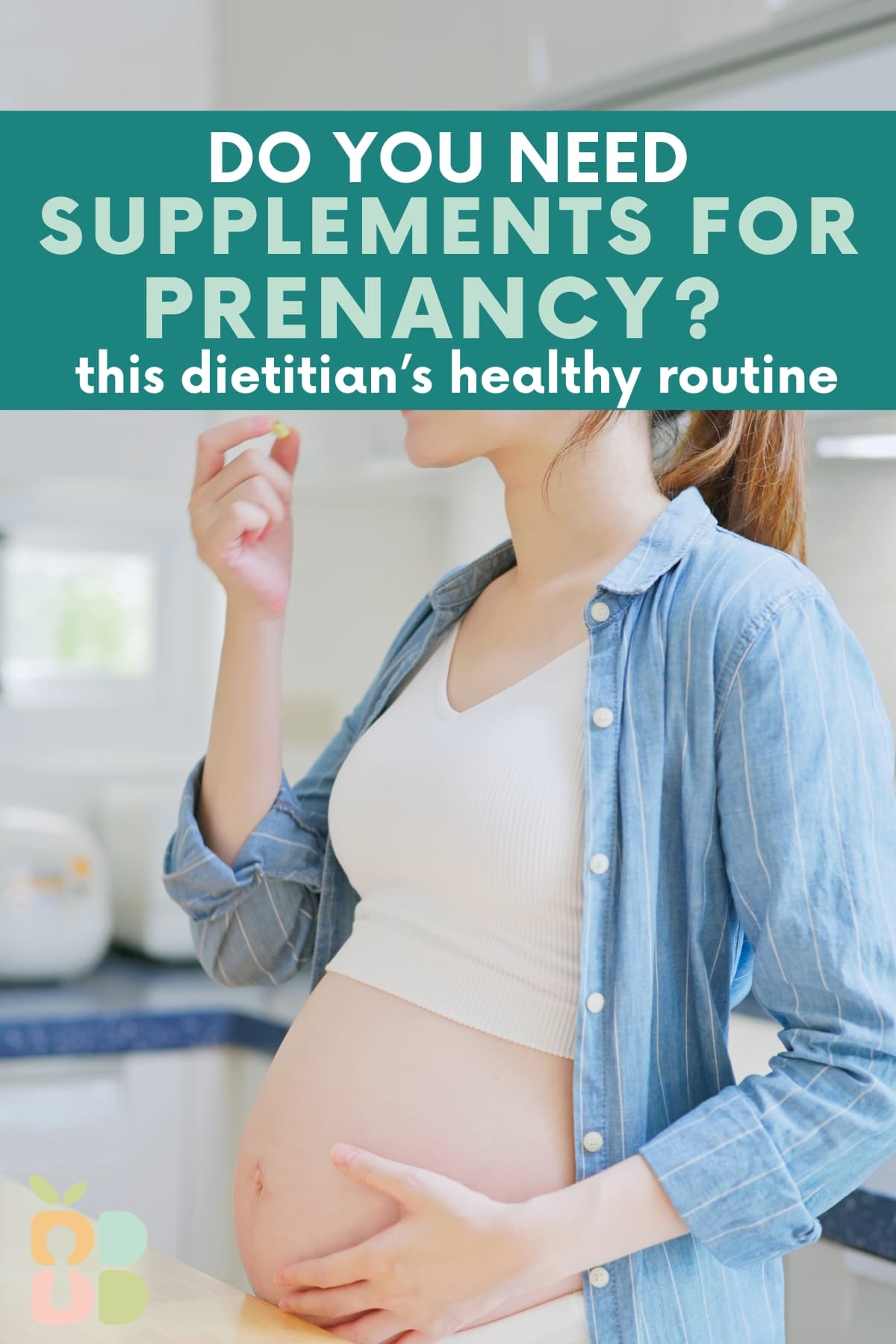
If you are pregnant or planning on it in the near future, you probably already know that a prenatal vitamin is recommended throughout and even before pregnancy. You may also be hearing conflicting information about whether supplements are healthy or necessary. OR you may be wondering about other supplements for some of the not-too-pleasant side effects of pregnancy. So I'm breaking down which supplements I recommend as a dietitian during pregnancy, and giving you a sneak peek at the exact ones I took during my pregnancies. Let's jump in!
Jump to:
Do I Need Supplements During Pregnancy?
Like most dietitians, I take a food-first approach, meaning I prefer to get nutrients from the food I eat rather than from supplements, and I recommend the same for you! However, I realize there are gaps in a lot of people's diets (including mine!). On top of that, pregnancy puts a lot of demands on the body and requires a lot of extra nutrients, so just food may not cut it, especially in the first trimester when you want nothing but saltine crackers.
There are a lot of unique and increased nutrient needs during pregnancy that are just really hard to get from food, like folate and iron, that are really important for baby's growth and development. So a prenatal vitamin at the very least is important during pregnancy. Though there are other supplements that may be beneficial to you and baby throughout pregnancy, especially if your diet lacks variety.
Here's a sneak peak at the supplements I took during pregnancy that may be helpful for you, too.
Dietitian- Approved Pregnancy Supplement Routine
Get 10% off my full Healthy Pregnancy supplement routine here!
Prenantal Multivitamin
A prenatal vitamin is a must for mamas-to-be. Prenatals contain folate (or folic acid), which is important for preventing neural tube defects (it's important to get enough folate even if you're planning on becoming pregnant), iron, which helps prevent anemia, low birth weight, and premature delivery, and calcium, as well as other important vitamins and minerals.1 I recommend New Chapter Perfect Prenatal because it's one of the few prenatal vitamins with methylated folate (the activated form), which my doctor recommended I take.
My favorite whole food prenatal vitamin with methylated folate.
Fish Oil
DHA, an omega-3 fatty acid found in seafood, is a critical nutrient for a baby's brain development. Research shows that omega-3's could also help prevent preterm birth and postpartum depression in mothers.2 Since most people don't eat enough seafood, a supplement is probably a good idea during pregnancy. You can get prenatal vitamins that contain DHA, or you can take a separate fish oil supplement.
Provides 480 mg of DHA for baby's brain development + 400 IU of vitamin D3 in one supplement.
Vitamin D
Pregnant or not, I always take vitamin D. It is important for bone health, and I also take vitamin D for its possible effect on improving mood.3 Getting adequate vitamin D is important for baby's development, and most people don't get enough.4 Because it's hard to get vitamin D from food, so I recommend a supplement for most people (including babies!). The fish oil supplement above also has vitamin D, so you can get both from one soft gel!
Magnesium
Pregnancy has a way of stopping you up, partly due to all that iron in prenatal vitamins. A magnesium supplement can help move things along when the prunes just don't cut it. Magnesium can also help you sleep better and improve your mood - both good things during pregnancy!
My favorite magnesium supplement, with seven different forms of magnesium for the most benefit.
Choline
Choline is a little-known nutrient that is important for early brain development in pregnancy and infancy. 90% of Americans, including pregnant women, don’t get near enough, and most prenatal vitamins don't contain choline, despite the American Medical Association's recommendation to include it.5 I tried to include eggs (the main dietary source of choline) in my daily routine, but I took a choline supplement while pregnant and nursing just in case.
I always recommend choline during pregnancy and lactation if it isn't in your prenatal vitamin.
Probiotic
I take a women's daily probiotic all the time (pregnant or not) to keep me regular and because I'm annoyingly prone to yeast infections. If you experience digestive or yeast issues, a probiotic could be helpful for you, too. Studies show that not only are probiotics safe during pregnancy and lactation6, they could be beneficial to your little one's gut health, especially if you breastfeed. This is especially important if you deliver via C-section, which leaves little ones with a less diverse gut microbiome.7
My favorite women's probiotic. Get $10 off your first order using the button below!
Bottom Line
While supplements certainly don't replace a healthy, balanced diet, they can help fill in the gaps where diet may fall short. Most OBGYNs recommend a prenatal multivitamin with folic acid across the board to prevent neural tube defects, but there may be others that could be beneficial for other reasons. If you're considering supplements during your pregnancy, make sure you talk with your doctor about them and get the OK!
Shop all my recommended pregnancy supplements in one place at a 10% discount with this bundle, including my favorite Prenatal vitamin, DHA + D3, Magnesium, Choline, and Probiotic.
Resources
- Multivitamin Supplementation During Pregnancy: Emphasis on Folic Acid and l-Methylfolate ↩︎
- Omega-3 Fatty Acids and Pregnancy ↩︎
- Vitamin D and Depression: Where is all the Sunshine? ↩︎
- Vitamin D and Its Role During Pregnancy in Attaining Optimal Health of Mother and Fetus ↩︎
- Choline during pregnancy: new study shows lasting cognitive benefit for children ↩︎
- Are Probiotics and Prebiotics Safe for Use during Pregnancy and Lactation? A Systematic Review and Meta-Analysis ↩︎
- The Impact of Probiotics, Prebiotics, and Synbiotics during Pregnancy or Lactation on the Intestinal Microbiota of Children Born by Cesarean Section: A Systematic Review ↩︎




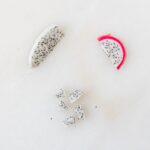
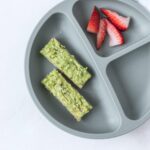
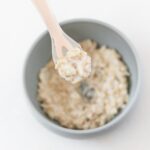




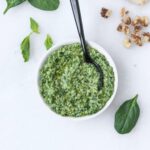



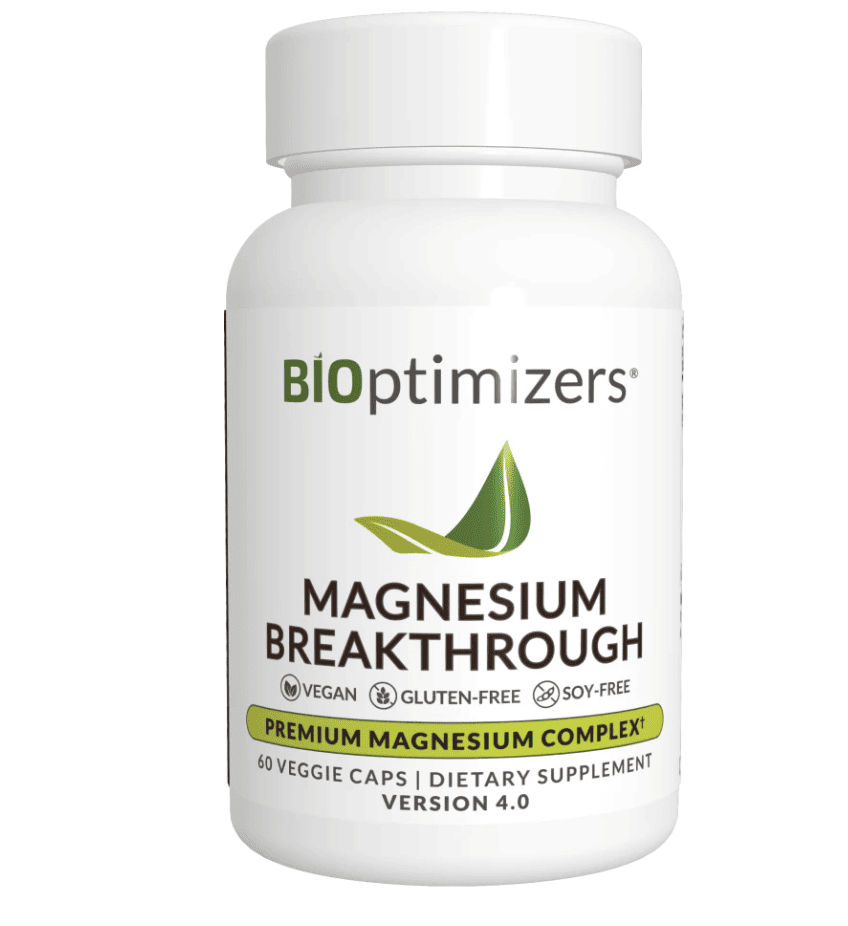
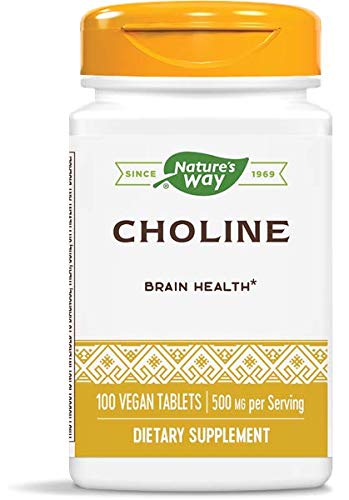
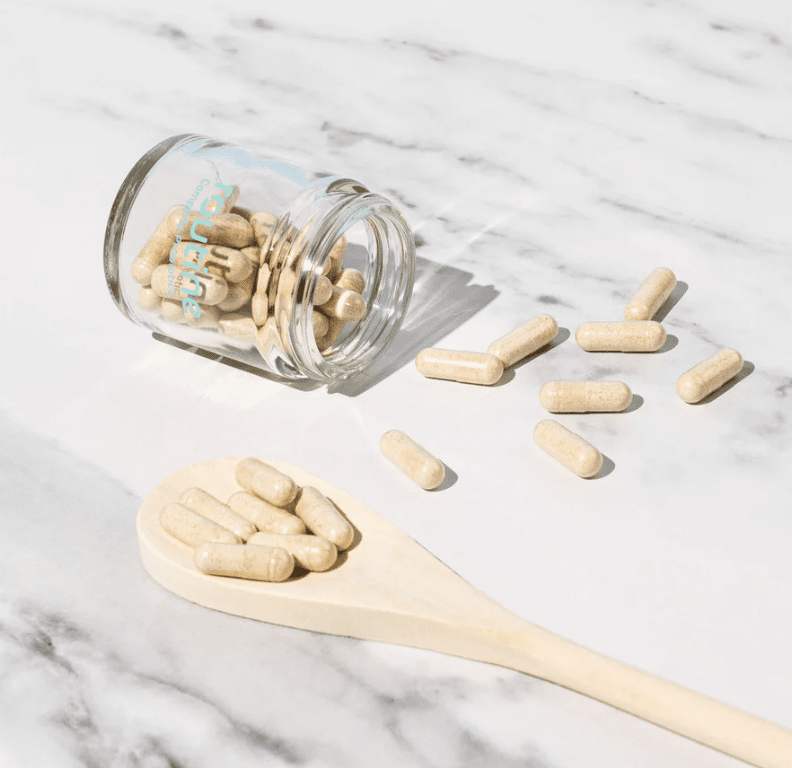
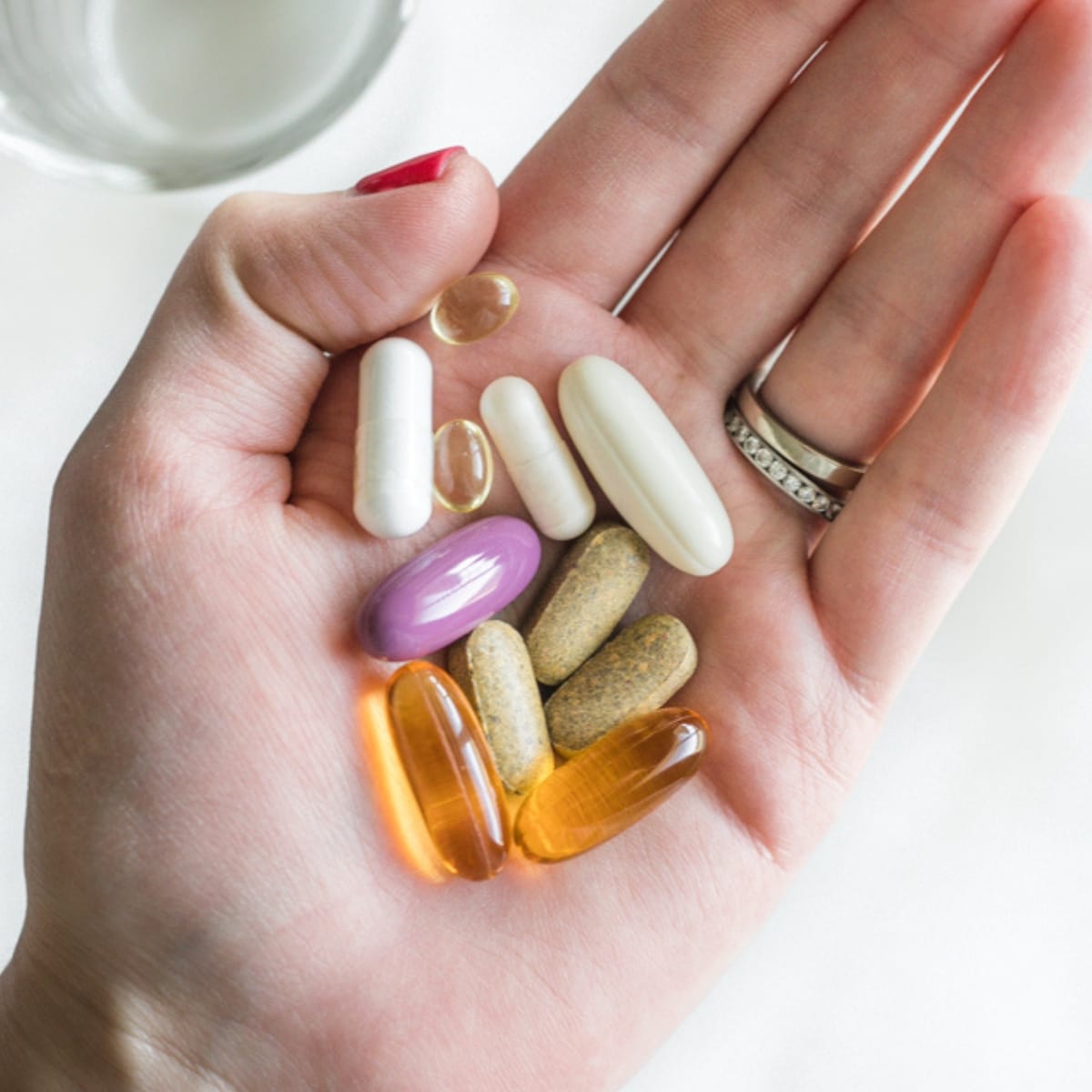
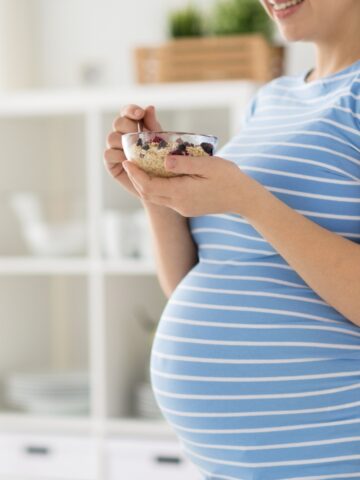


Leave a Reply